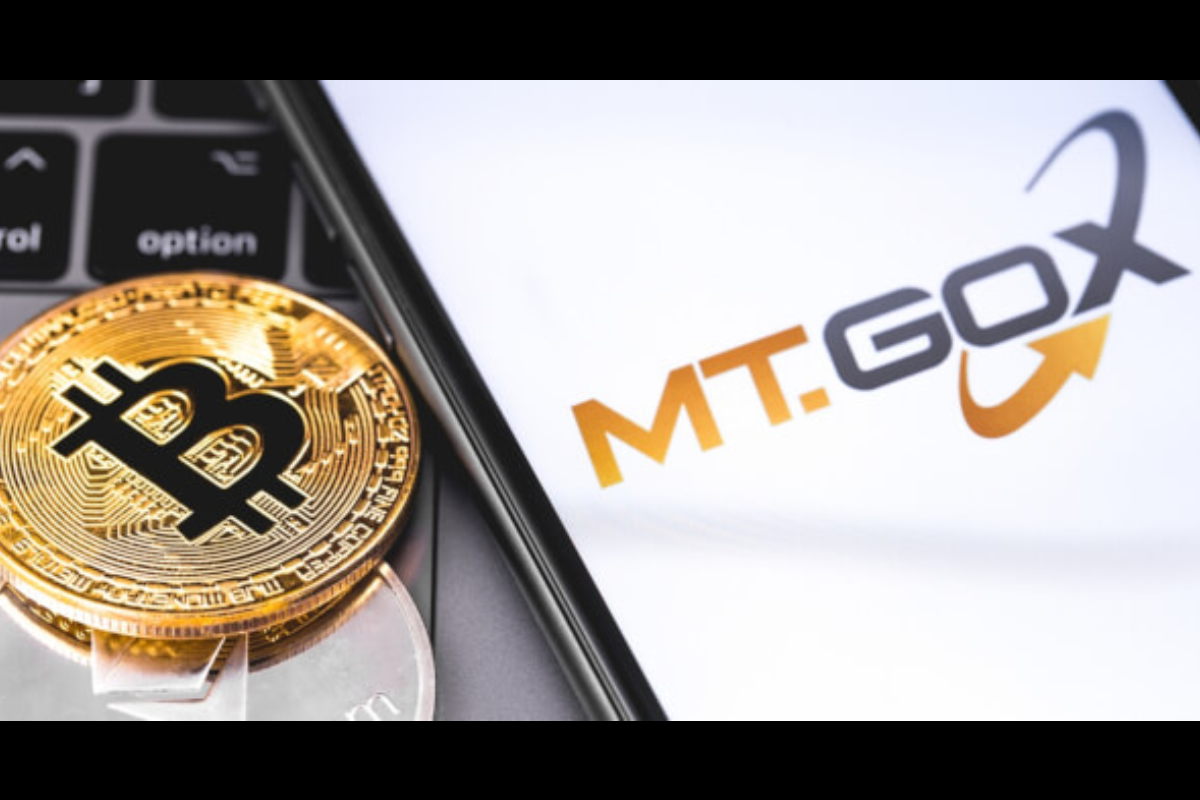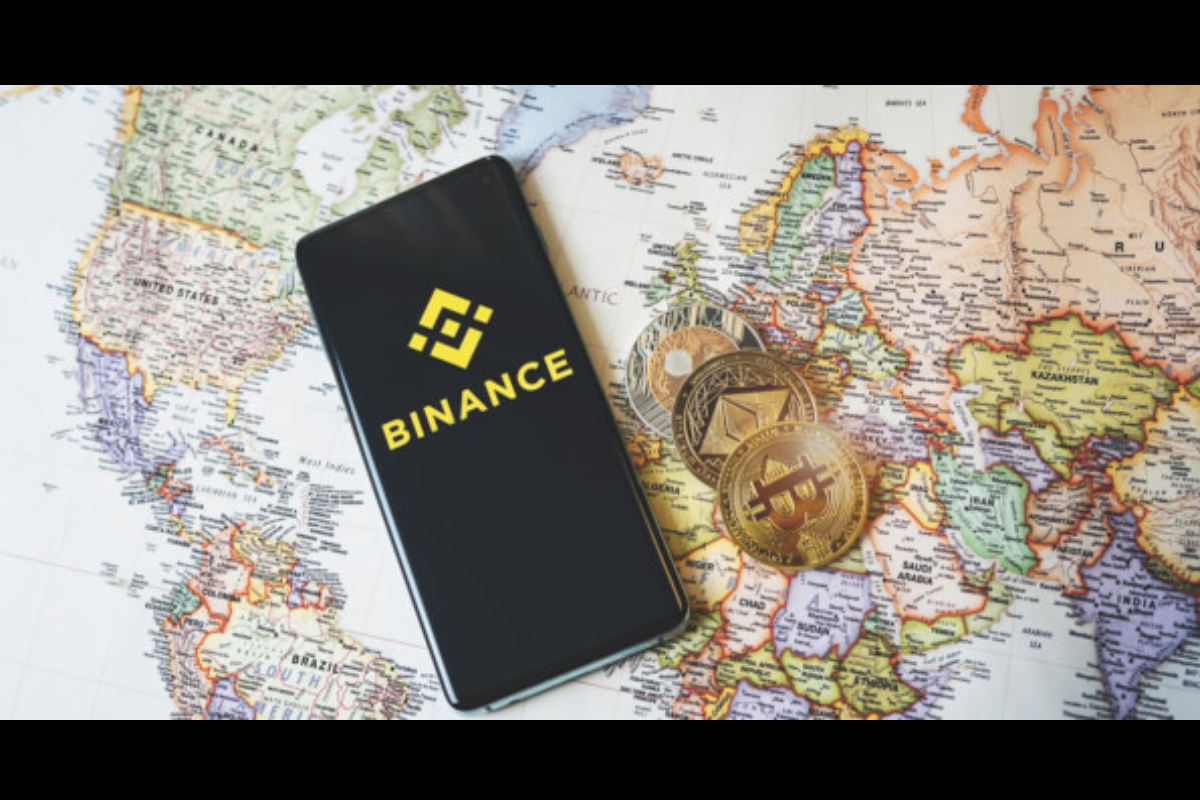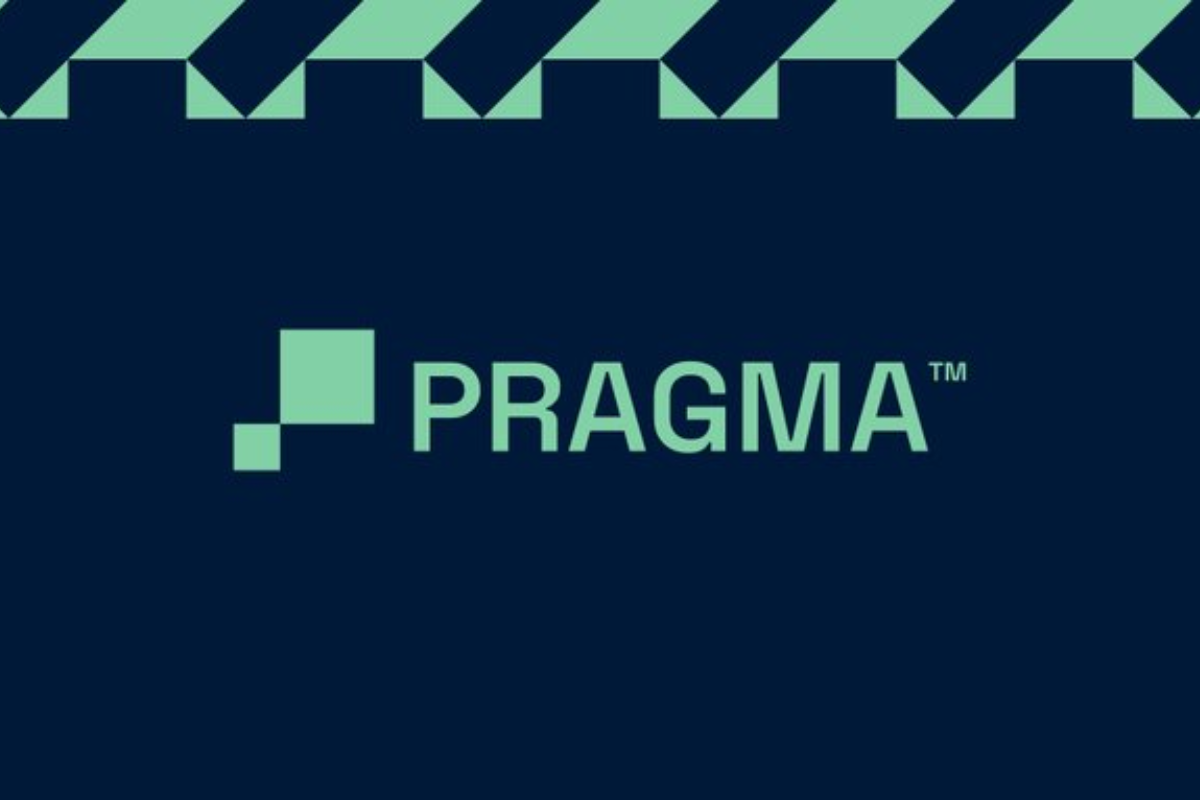Blockchain
Toptal Announces Women’s Scholarship Winners from the Americas and Europe

Toptal, an elite network of the world’s top talent in business, design, and technology that enables companies to scale their teams, on demand, announced today the recipients of the Toptal 2018-2019 Scholarship for Women for the Americas and Europe regions. The winners are Anisah Alyahya, PhD (Europe), who is driving innovation in healthcare data for research, and Karen L. Pesse (Americas), who is developing a technology tool for direct refugee donations.
Toptal Scholarships for Women aim to empower the next generation of female CEOs, founders, and leaders to achieve their plans for changing the world by providing financial support and mentorship to five women from across the globe. Toptal encourages women from all backgrounds to apply, and the program selects recipients based on their capacity to create a widespread positive change in their communities through a critical initiative.
Anisah Alyahya, PhD: Data Network Mapping for Health Research
Europe scholarship recipient Anisah Alyahya, PhD of France has developed a solution for network mapping healthcare data for research. She trained as a medical doctor at Imperial College London, and her experience in infectious diseases in Kenya inspired her to pursue a PhD in microbiology at Yale. Anisah then joined the biotech world to work on vaccine discovery and strategy and on tuberculosis — eventually filing a patent for her work. Her search to go beyond the scientific method finally led her to Stanford where, as a visiting scholar, she learned the basics of design research and methodology as new tools for framing and solving complex health challenges.
Along the way, Anisah uncovered a critical challenge affecting health researchers everywhere: the difficulty of accessing existing research and data on healthcare and medical topics. Without the ability to freely share and search the available research, scientists and medical professionals remain limited and siloed, which hinders progress both on a micro and macro level. As a result, Anisah launched a data science startup to develop a new tool and methodology for network analysis of data, with the aim of uncovering insightful stories for informing healthcare innovation strategy.
Under Anisah’s leadership, this approach can enable healthcare information to flow freely and sets the foundation for research to take a giant leap forward. Network mapping of research can be applied to any field beyond medical, allowing for limitless application of the process to other fields. Toptal is proud to be able to support Anisah as she strives to create a solution that can help researchers around the world. More information is available on Anisah’s blog.
Karen L. Pesse: Technology Tool for Refugee Donations
With the global refugee crisis continuing to escalate, Americas scholarship recipient Karen L. Pesse of Brazil has a plan to revolutionize and optimize the systems through which refugees receive donations and aid. Currently, refugees depend on donations of goods and money, but donors typically do not have a clear idea of what is needed, when, and where. The result is that necessary items might not reach the people who need them, while large amounts of donations go unused.
Building off of her undergraduate degree in Nanotechnology and graduate degree in Engineering, Karen plans to create a tool for 1-1 donations. This tool will use blockchain or another decentralized system in order to connect refugees with donors on an individual level. Refugees then would be verified by participating nonprofit organizations, after which they can make requests for specific items related to first aid (medicine, orthopedic braces) or digital health (such as a diabetes measurement device) that are needed. Donors can then provide the items directly. Karen’s goal is to remove the middleman – charities distributing goods – and make the aid process faster and more efficient. An optimized system will be less wasteful and more nimble, and most importantly, it will be scalable to address a growing need.
Karen and her idea have been accepted to the MIT-Harvard Healthcare Innovation Bootcamp, June 15-21, 2019. Toptal is awarding Karen $10,000 to cover any costs related to the bootcamp and support her creation of this tool. Once the bootcamp is complete, Toptal will provide her with a year of mentoring with a Toptal expert, who can guide her to not only complete and launch this tool, but more effectively manage projects and business strategy. More information about Karen’s background and plan is available on her blog.
“These two remarkable women have launched innovative ideas using technology to solve critical societal problems,” said Taso Du Val, CEO of Toptal. “We launched our scholarship program several years ago because we have been inspired by impressive, highly-skilled talent that we have in our freelance network. Toptal wanted to go a step beyond and provide opportunities for future leaders who are doing amazing work and are committed to making a positive impact. In both Anisah’s and Karen’s cases, they are solving problems that have impeded progress in the inherently disorganized fields of research and refugee aid.”
Toptal chooses its Scholarship for Women recipients via a panel of judges in each region, including one guest judge. The European guest judge was Sally Eaves, a chief technology officer and recognized thought leader on blockchain and emerging technologies. The Americas guest judge was Jo Ling Kent, an NBC News national correspondent covering business, technology, and the economy. The judges reviewed hundreds of applicants for each scholarship to determine the recipient.
SOURCE Toptal
Blockchain
Anticipated Return of $9B Mt. Gox-era Bitcoin May Spur Market Anxiety

The anticipated return of $9 billion worth of Bitcoin from the Mt. Gox era has the potential to stir anxiety within the cryptocurrency market. This significant influx of Bitcoin, which has been tied up since the collapse of the Mt. Gox exchange in 2014, raises questions about its potential impact on market dynamics and investor sentiment.
The return of these long-dormant Bitcoin holdings may lead to increased volatility and uncertainty in the cryptocurrency market. Market participants are likely to closely monitor the movement of these funds and assess their potential impact on Bitcoin prices and overall market stability.
Additionally, the large-scale return of Bitcoin from the Mt. Gox era may trigger concerns about potential selling pressure and its effect on market liquidity. Investors may anticipate fluctuations in Bitcoin prices as these funds are reintroduced into the market and traded.
Furthermore, the return of these Bitcoin holdings highlights the ongoing legal and regulatory challenges associated with the Mt. Gox saga. The resolution of this long-standing issue could have far-reaching implications for investor confidence and the perception of security within the cryptocurrency ecosystem.
Overall, the anticipated return of $9 billion worth of Bitcoin from the Mt. Gox era has the potential to evoke anxiety among market participants and prompt heightened scrutiny of market dynamics. As the cryptocurrency market braces for this significant development, it remains to be seen how it will navigate the potential challenges and opportunities presented by the return of these funds.
Source: blockchain.news
The post Anticipated Return of $9B Mt. Gox-era Bitcoin May Spur Market Anxiety appeared first on HIPTHER Alerts.
Blockchain
Binance Faces Lawsuit in Canada for Selling Crypto Derivative Products Without Registration

Binance is currently embroiled in a legal dispute in Canada over allegations of selling cryptocurrency derivative products without proper registration. This lawsuit underscores the regulatory challenges facing the cryptocurrency exchange in various jurisdictions.
The lawsuit accuses Binance of offering crypto derivative products to Canadian investors without obtaining the necessary registration from Canadian securities regulators. This legal action highlights the importance of compliance with regulatory requirements in the cryptocurrency industry, particularly concerning the sale of derivative products.
Binance’s legal woes in Canada reflect broader concerns about regulatory compliance and investor protection within the cryptocurrency sector. As authorities worldwide increase scrutiny of cryptocurrency exchanges and trading platforms, companies like Binance face mounting legal and regulatory challenges.
The outcome of this lawsuit could have significant implications for Binance and the broader cryptocurrency industry in Canada. Depending on the court’s ruling, it could lead to increased regulatory oversight and stricter enforcement measures for cryptocurrency exchanges operating in the country.
In response to the lawsuit, Binance has stated that it is committed to compliance with all applicable laws and regulations in the jurisdictions where it operates. However, the outcome of this legal dispute will likely shape the regulatory landscape for cryptocurrency exchanges in Canada and influence their future operations and compliance efforts.
Source: blockchain.news
The post Binance Faces Lawsuit in Canada for Selling Crypto Derivative Products Without Registration appeared first on HIPTHER Alerts.
Blockchain
Cardano Foundation Launches PRAGMA: A New Chapter in Open-Source Blockchain Development

The Cardano Foundation has announced the launch of Pragma, marking a significant milestone in open-source blockchain development. Pragma aims to revolutionize Cardano by enhancing its infrastructure through innovative open-source projects.
Pragma represents a new chapter in the evolution of Cardano, focusing on improving its underlying infrastructure and expanding its capabilities. The initiative underscores the Cardano Foundation’s commitment to fostering innovation and driving progress within the blockchain ecosystem.
By leveraging open-source projects, Pragma seeks to enhance Cardano’s functionality and scalability, paving the way for broader adoption and increased utility. These efforts are expected to unlock new opportunities for developers and users alike, further cementing Cardano’s position as a leading blockchain platform.
Pragma’s launch highlights the ongoing evolution of Cardano and its commitment to pushing the boundaries of blockchain technology. Through collaborative open-source development, Pragma aims to address key challenges and drive continuous improvement within the Cardano ecosystem.
The Cardano Foundation’s announcement of Pragma signals a significant step forward in its mission to build a decentralized and sustainable blockchain infrastructure. With Pragma, Cardano is poised to embark on a new era of innovation and growth, setting the stage for a future of unprecedented possibilities in blockchain development.
Source: cryptonews.com
The post Cardano Foundation Launches PRAGMA: A New Chapter in Open-Source Blockchain Development appeared first on HIPTHER Alerts.
-

 Blockchain Press Releases6 days ago
Blockchain Press Releases6 days agoCanaan Shines at Blockchain Life 2024 in Dubai
-

 Blockchain6 days ago
Blockchain6 days agoQuantum eMotion Files a Patent for Quantum-based Blockchain Wallet Under the Patent Cooperation Treaty (PCT)
-

 Blockchain Press Releases7 days ago
Blockchain Press Releases7 days agoBybit Institutional Report 2024: Institutions Become Bullish and Eye Challenger Chains, while VC Funding Resurges for Infrastructure, Gaming, and AI
-

 Blockchain6 days ago
Blockchain6 days agoPhoenix Group Engages BHM Capital as Liquidity Provider to Boost ADX Liquidity and Enhance Market Dynamics
-

 Blockchain6 days ago
Blockchain6 days agoElizabeth Warren Urges Treasury Secretary Yellen to Implement Strong AML/CFT Measures for Stablecoins
-

 Blockchain5 days ago
Blockchain5 days agoTether USDT stablecoin goes live on TON blockchain
-

 Blockchain5 days ago
Blockchain5 days agoCrypto fans count down to bitcoin’s ‘halving’
-

 Blockchain Press Releases6 days ago
Blockchain Press Releases6 days agoDWF Labs joins the Klaytn Governance Council











































